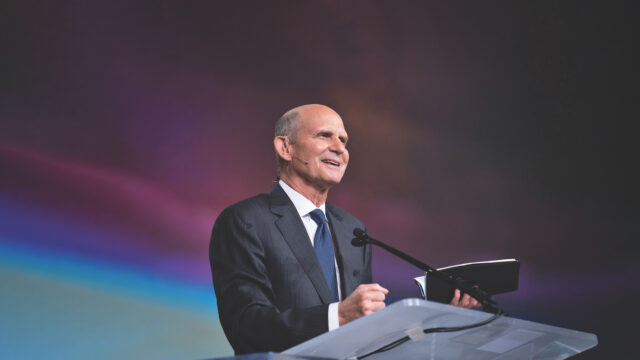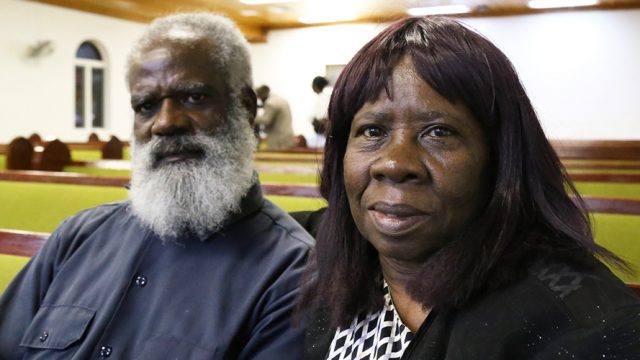Where does the Adventist Church stand regarding Christian nationalism?

Where does the Adventist Church stand regarding Christian nationalism?
The world saw many shocking images as rioters forced their way into the U.S. Capitol on January 6, 2021, but for me, one of the most disturbing was of a large flag unfurled outside the Capitol. Designed to look like a campaign banner, the flag suggested that the unfolding chaos had an endorsement from an unlikely source. It read, “Jesus 2020.”
What did Christianity have to do with the events at the Capitol? Some observers have denied any link, arguing that even if some of the rioters invoked Christian symbols or sentiments, their actions bear no resemblance to true Christianity. Others, however, say there’s no doubt that an ideology known as Christian nationalism motivated at least some of those who rampaged through the halls of Congress.
So how can people of faith—how can Seventh-day Adventists—start to untangle these competing claims?
WHAT IS CHRISTIAN NATIONALISM?
Christian nationalism is an attempt to link Christianity closely with national identity—the idea that to be a true patriot, one must also be a Christian. Individuals believe that hostile forces are assailing a once-Christian nation, and Christians are therefore called to battle these forces to regain lost territory for their faith.
It’s hardly surprising, then, that the ideology of Christian nationalism is shot through with ugly threads of hate: anti-Semitism, racism, and a sometimes violent hostility toward any ethnic or religious minority that is perceived to be out of step with the dominant form of Christianity.
WHERE DO SEVENTH-DAY ADVENTISTS STAND?
The Seventh-day Adventist Church is absolutely clear on how it views Christian nationalism: this ideology is antithetical to our theology and beliefs and alien to our deeply held values. A key idea is that the church, its various institutions, and its representatives will never align with any political party or political ideology.
Another principle is that as a denomination, we will not seek political preference, and we do not “use our influence with political and civil leaders to either advance our faith or inhibit the faith of others.”¹
Yes, individual church members are encouraged, where they can, to carefully and prayerfully take part in civic life through voting, or taking part in public dialogue, or even holding public office.² In all these things, however, the individual church member acts and speaks only for him- or herself.
At times the Adventist Church will take a position on a specific public policy issue that aligns with our values and will speak publicly about these ideas. Religious freedom is an area in which the church consistently takes public positions. We work broadly to advocate for every person’s right to follow the dictates of conscience, regardless of their religious beliefs or nonbelief.
Yet contributing to the public discourse on specific issues is profoundly different from Christian nationalism’s sweeping ambitions.
The bottom line? Seventh-day Adventists should not seek to harness political power to create a uniquely Christian public square. Why? In large part because our biblical understanding and the counsel of Ellen White lead us to affirm, unequivocally, that “efforts to legislate faith are by their very nature in opposition to the principles of true religion, and thus in opposition to the will of God.”³
In any of its forms and variants, Christian nationalism will always damage our witness to the gospel.
¹“Church/State Relations,” official statement adopted by the Council of Interchurch/Interfaith Faith Relations of the General Conference of the Seventh-day Adventist Church, available at https://www.adventist.org/articles/church-state-relations/.
²Ibid.
³Ibid.








